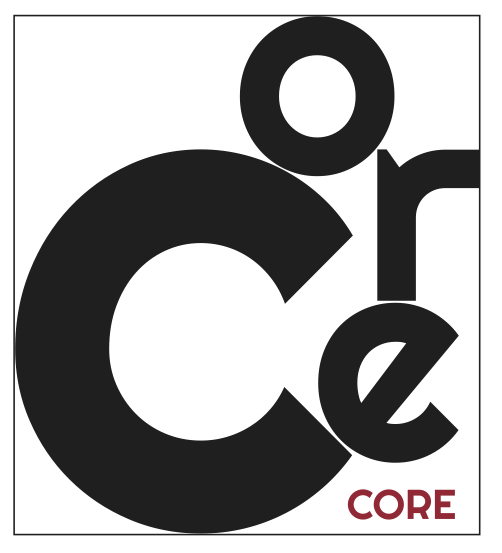Mentorship
Program
CORE is partnering with Gilmer High School
To MaTch 150 Students with community mentors.
Young Adults Who Were At-Risk for Falling Off Track But Had a Mentor Are:
%
More likely to enroll in college
%
More likely to volunteer regularly
%
Are interested in becoming a mentor
%
More likely to hold leadership positions.
Youth who meet regularly with their mentors are:
%
less likely than their peers to start using illegal drugs and 27% less likely to start drinking. (Public/Private Ventures study of Big Brothers Big Sisters)
One study estimates that the human potential lost as a result of the educational achievement gap is the economic equivalent of a permanent national recession. (Mentoring: At the crossroads of education, business and community, 2015)
By preparing young people for college and careers, mentoring helps develop the future workplace talent pipeline. (Mentoring: At the crossroads of education, business and community, 2015)
Mentors can also prepare their mentees for professional careers and assist with their workplace skills by:
- Helping set career goals and taking the steps to realize them.
- Using personal contacts to help young people network with industry professionals, find internships, and locate possible jobs.
- Introduce young people to resources and organizations they may not be familiar with.
- Skills for seeking a job, interviewing for a job, and keeping a job.
The number of ways mentoring can help a young person are as varied as the people involved in each program. While the lists and statistics can be impressive, personal stories can be even more impressive. Take a look at some mentoring success stories to see the impact of mentoring in real life.
By being a consistent adult presence in a young person’s life, mentors can offer advice, share their life experiences, and help a young person navigate challenges.
Young adults who face an opportunity gap but have a mentor are:
%
more likely to participate regularly in sports or extracurricular activities than those who do not. (The Mentoring Effect, 2014)
A study showed that the strongest benefit from mentoring, and most consistent across risk groups, was a reduction in depressive symptoms — particularly noteworthy given that almost one in four youth reported worrisome levels of these symptoms at baseline. (The Role of Risk, 2013)
Mentoring promotes positive social attitudes and relationships. Mentored youth tend to trust their parents more and communicate better with them. (The Role of Risk, 2013)
Mentoring has significant positive effects on two early warning indicators that a student may be falling off-track:
High levels of absenteeism (Kennelly & Monrad, 2007)
Students who meet regularly with their mentors are:
(Public/Private Ventures Study of Big Brothers Big Sisters)
%
less likely than their peers to skip a day of school
%
less likely to skip a class.
Recurring behavior problems (Thurlow, Sinclair & Johnson, 2002)
- Young adults who face an opportunity gap but have a mentor are 55% more likely to be enrolled in college than those who did not have a mentor. (The Mentoring Effect, 2014)
- In addition to better school attendance and a better chance of going on to higher education, mentored youth maintain better attitudes toward school. (The Role of Risk, 2013)

You can make a difference in 3 steps
Step 1: Press Apply Now
Step 2: Download and Fill out Form
Step 3: Email form to info@excelatcore.com


Store Hours
M-F: 9:00am - 3:00pm
Sat: Closed
Sun: Closed
